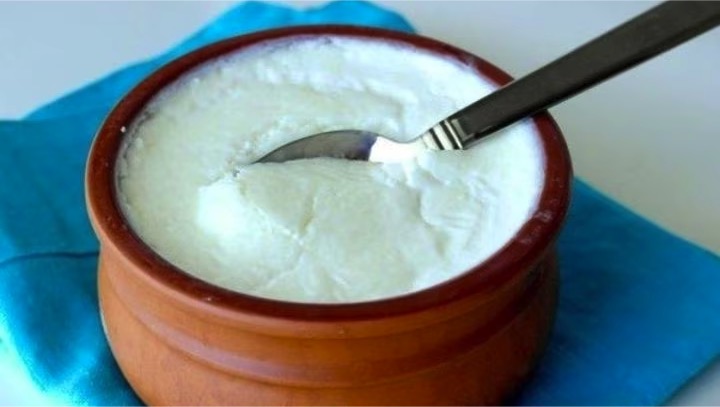The Food Safety and Standards Authority of India (FSSAI) on Thursday clarified that addition of protein binders in milk and milk products is not permitted. Additives not specified in the Food Safety and Standards (Food Products Standards and Food Additives) Regulation, 2011, cannot be added, a release said.
Sources said this clarification comes at a time when certain players are adding protein binders to offer thicker texture in dairy products such as curd.
FSSAI advisory
“Binding agents have emerged as an important and required class of ingredients to manufacture a wide range of new food products, especially semi-solid or solid foods. However, such application is known to affect the digestibility of the protein bound and thus can affect the biological and nutritive value of milk proteins. Protein binding also influences the bioavailability and distribution of active compounds,” the FSSAI noted in an advisory. The food safety authority added that every dairy product has its unique and “well-accepted” textural and other sensory characteristics. “Hence, addition of any binding material like protein binders to milk and milk products is not warranted to modify the textural or sensory parameters,” it added.
Good protein source
The food safety authority pointed out that milk protein on its own is a good source of essential amino acids; they are easily digestible and do not contain any anti-nutritional factors like many plant-based proteins. “In addition, milk and milk products contain a wide array of proteins with biological activities ranging from antimicrobial ones to those facilitating absorption of nutrients, as well as acting as growth factors, hormones, antibodies and immune stimulants,” it added. FSSAI said it remains “dedicated” to maintaining “natural integrity and quality” of food and will continue to prioritise the health and well-being of consumers.
Binding agents have emerged as an important and required class of ingredients to manufacture a wide range of new food products, especially semi-solid or solid foods.
Milk protein has a high biological value as it is a good source of essential amino acids. Moreover, milk proteins are easily digestible and do not contain any anti-nutritional factors, unlike many plant-based proteins.
In addition, milk and milk products contain an array of proteins with biological activities ranging from antimicrobial to those facilitating the absorption of nutrients as well as acting as growth factors, hormones, enzymes, antibodies, and immune stimulants.
Jayen Mehta, managing director of dairy brand Amul, told Business Standard the company uses only pure cheese whey for its range of recently launched protein products that include lassi and buttermilk.
“The clarification is a welcome step, which will ensure that only pure products are sold in the market. The dairy industry uses only FSSAI-specified emulsifiers. This will, however, impact the nutraceuticals industry that has been promoting the use of alternative protein,” said R S Sodhi, president, Indian Dairy Association.
Source : The Hindu businessline and Business Standard Oct 5 2023 as per Press note by FSSAI

